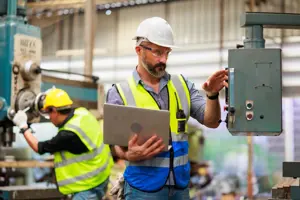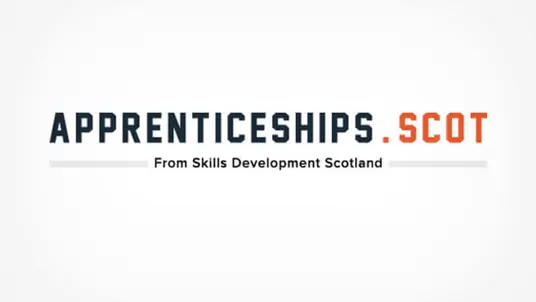How to become a plant operator
There are several routes to becoming a plant operator. You could do a college course, an apprenticeship or on the job training.
You should explore these routes to find out which is the right one for you. Although some of these routes have certain qualification requirements, many employers are more interested in people who are enthusiastic, willing to learn and able to follow instructions.
You may need Construction Skills Certification Scheme (CSCS) or Construction Plant Competence Scheme (CPCS) cards to work on a construction site.
College/training provider
You may need to attend a specialist college or training provider to gain the right qualifications.
Apprenticeship
An apprenticeship with a construction firm or plant hire company is a good way into the industry.
Apprenticeships are open to anyone over the age of 16. As an apprentice, you will be fully employed by your company and expected to work a minimum of 30 hours a week. Your time will be split between on-the-job experience and a college or training provider.
You could complete a Plant Operator or Lifting Technician intermediate apprenticeship or an NVQ/SVQ Level 2 in Plant Operations. An intermediate apprenticeship takes around two years to complete.
You might need GCSEs (including English and maths) or equivalent, to do an apprenticeship, but not all employers ask for formal qualifications.
Work
If you have experience in operating heavy machinery, you might be able to apply for a job directly.
If not, you could look for work as a general construction labourer or operative to gain on-site experience. Your employer may then offer on-the-job training.
Work experience
Work experience is essential to gaining employment within the construction industry. Employers will always be pleased to see it listed on your CV.
Skills
Additional skills which may benefit anyone considering a job as a plant operator include:
- Able to use, repair and maintain machines and tools
- Knowledge of engineering science, maths, and technology
- Design skills and knowledge
- Able to work well with your hands
- Be thorough and pay attention to detail
- Able to accept criticism and work well under pressure
- Able to work well with others
- Able to use a computer and the main software packages confidently










